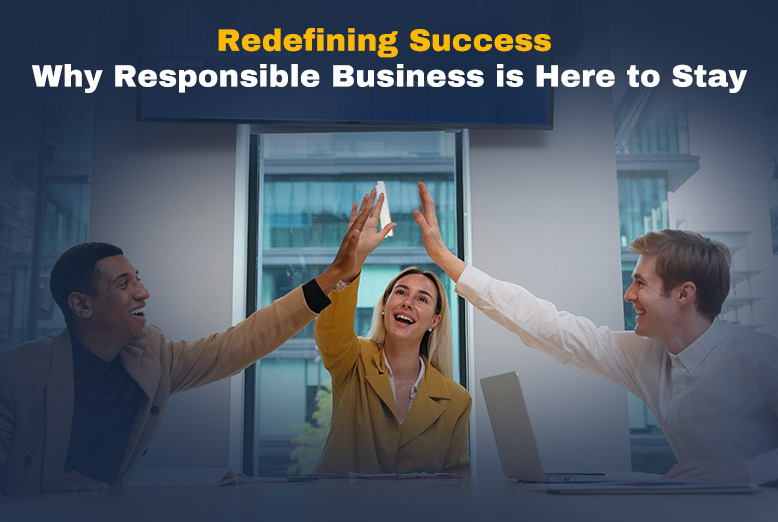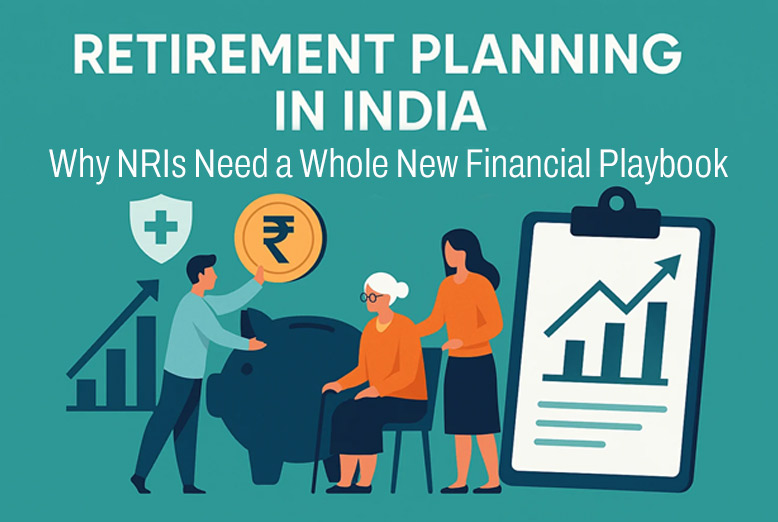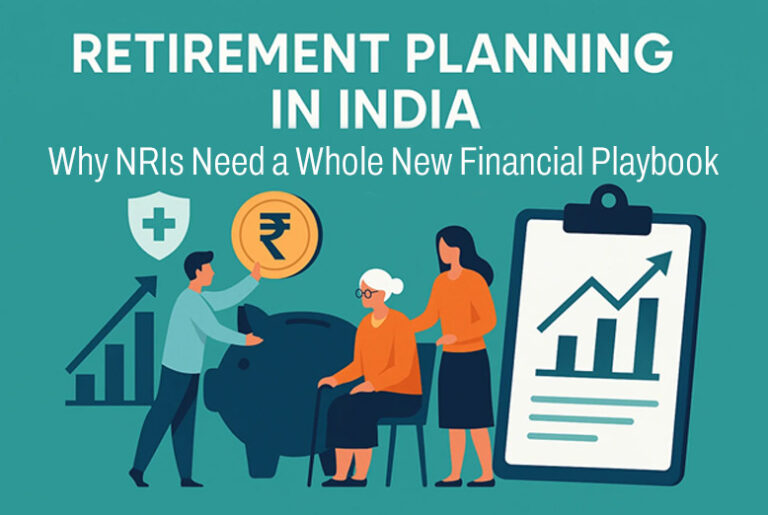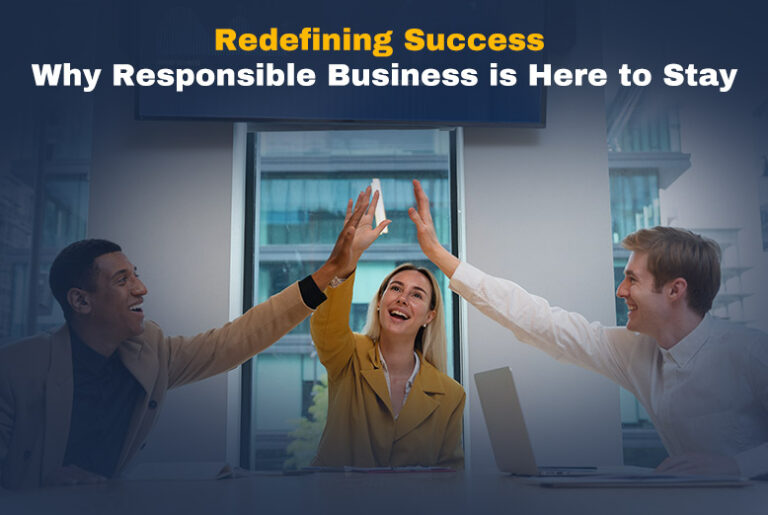In today’s dynamic world, the definition of business success is being rewritten. The bottom line is not the only relevant statistic.
Then of course there’s sustainability (if not done so properly already). Indeed, responsible business – the prioritizing of the planet and its people over profit – is fast becoming a central tenet to corporate strategy in today’s world.
This is why such responsible business is no fashion but an enduring movement that’s redefining success in 2025 and beyond.
The Rise of Conscious Consumerism
Today’s consumer is more educated and empowered than ever. They want brands to be transparent and responsible. Research indicates that across the world, more than 60% of consumers are likely to support brands because of their social or ethics concerns.
This change in consumer behavior is forcing companies to follow policies which meet social and environmental goals. Eco-friendly POS9 -packaging, to fair labour policy, companies that emphasize responsibility have a competitive advantage and build t rust with their customers’ loyalty.
Sustainability as a Business Imperative
Doing the right thing is what responsible business is all about. Amid rising climate change, natural resource use and pollution, companies are reconsidering how they do business.
In the process, however, businesses are not only doing their part to make the world a better place and saving money in the process (energy conservation and carbon offset), but upping their brand value.
Brands like Patagonia, for example, have built environmental stewardship into their very identity, and point to the ways doing what is right can inspire and grow.
Ethical Governance and Transparency
Governance presides over responsible business. Fair trade runs through companies of all shapes and sizes, from sourcing responsibly to taking care of your employees.
Transparent reporting, like posting an ESG score, is part of what allows businesses to show their dedication to ESG principles. Investors and other stakeholders today value companies with strong ethics, as they believe these are less risky and more sustainable in the long run. Good governance is trust, and accountability at all levels.
Social Impact and Community Engagement
Businesses worthy of respect support the neighborhoods they are part of. From CSR (corporate social responsibility) funding, to diversity and inclusion programmes, to fair employment – companies know that there’s a benefit in doing good.
Working with people connected at the local level would not only reward you in transformed brand loyalists, but also organically benefit countless others.
For example, a company that funds education or supports underprivileged groups can expect greater staff morale and customer goodwill – the foundation and validation of their role as socially responsible pacesetters.
The Financial Case for Responsibility
But being a responsible business doesn’t have to cost the bottom line — it can power financial success. There’s evidence that business with good sustainability and ethical policies do better financially.
Businesses that generate profits with a purpose will be increasingly appealing to investors, because they can play better defensively in the face of changing regulations and market conditions.
In addition, responsible practices can also drive operational efficiencies (e.g., waste reduction; energy savings), impacting the bottom line.
Building Long-Term Resilience
Future-proofing businesses is what responsible business is all about. Through managing environment risks, creating responsible cultures and communicating with stakeholders, businesses develop greater immunity to economic and social challenges.
This way, they stay timely in a world where rules, consumer demands and global events never stand still. Companies that fail to take responsibility risk reputational harm and business loss, whereas companies acknowledging it are flourishing in an increasingly mindful market.
Conclusion
For businesses, good is no longer just an option; it’s a prerequisite for long-term success. Prioritizing sustainability, ethical management and a good human profile can become a company’s new definition of winnable in the 21st century.
These approaches aren’t just what enlightened consumers and investors are demanding, they are also the way to create strong companies focused on the long run.
And as we progress into 2025, businesses that are committed to responsibility will continue leading the way and understand that doing good is indeed good for business. Start practicing responsible business today — so you can leave a legacy of influence and continued expansion.
Also Read : What Are the Benefits of Using Timetables for Business Planning?










